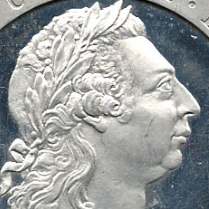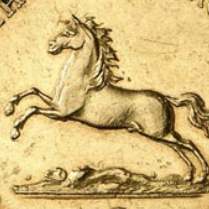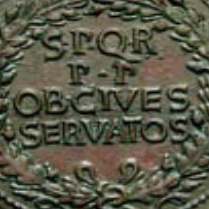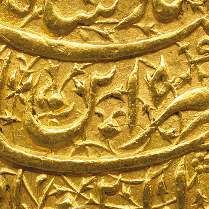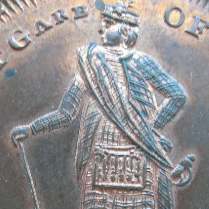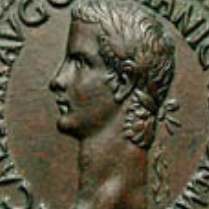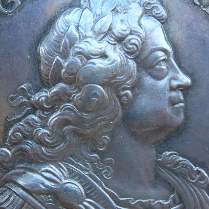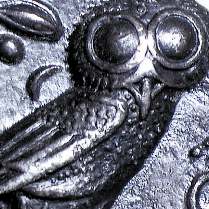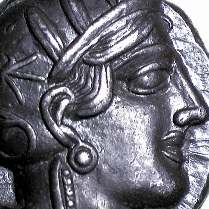The British Numismatic Trade Association
The British Numismatic Trade Association was founded in 1973 as a company limited by guarantee, and was the result of formative discussions between members of the coin trade prior to the introduction of Value Added Tax. Today, the BNTA has grown into an organisation which represents the interests of more than eighty firms located throughout the British Isles.
The Association has a distinctive logo which members are encouraged to use on their business stationery and in their advertisements. Regular readers of the numismatic press can quickly identify the advertisements of BNTA members.
The BNTA has become an effective force in the fight against forgery, theft and other criminal activities, thus establishing a benchmark for the highest ethical standards in the domestic coin trade. Members receive early warning notices of counterfeit coins and stolen property.
The BNTA is governed by a Council of nine, elected by and from the membership. Three members of Council retire each year, but are eligible for re-election. The Officers of the Association are elected by the Council each year.
The day-to-day administration is handled by the General Secretary who is appointed by the Council and to whom all correspondence, enquiries or complaints should be sent.
Application for membership of the BNTA is restricted to dealers and auctioneers in numismatic goods who are based in the UK and the Republic of Ireland and who are registered for VAT. Applicants need to be sponsored by two existing members and have to agree to abide by the published Code of Ethics. Membership is subject to annual review in order to ensure that standards are maintained. Membership is subject to annual review in order to ensure that standards are maintained. Membership application forms are available from the General Secretary and interested dealers should apply using their business letterhead.
The BNTA organizes the major international coin fair held in Britain, which is known as Coinex. This takes place in late September or early October in London, and about fifty BNTA members together with many overseas dealers and non-members participate. Coinex is open on Friday and Saturday.
Members of the BNTA Council meet representatives of Customs & Excise in discussions on proposed changes in VAT legislation and import & export procedures. A further group maintains contact with the Department of National Heritage and the British Museum for discussions on, for instance, export licensing arrangements and the law relating to treasure. Another committee meets with senior representatives of the Royal Mint in order to discuss proposals for new issues.
The Council investigates any complaint about a member whether from a collector or another dealer, and members are bound by the Council’s adjudication. Anyone who has a problem with a member of the BNTA is invited to write to the General Secretary for assistance.
The BNTA is a member of the Federation of European Numismatic Associations. The purpose of this body is to work together for a common system of value added tax on coins within the EC, to pass on details of stolen property and counterfeits, and to liase on auction and coin fair dates and other matters, which would be appropriate to such a group.
This Membership Directory lists all BNTA members in both county and alphabetical order. It also indicates those members who have retail premises. Brief details are provided of members’ specialities to assist collectors in locating dealers most likely to be able to help them. Within the Association there will be members who can help a collector on virtually any topic.
The BNTA, as an association, cannot identify coins or give opinions as to their authenticity or value; neither can it give advice on what a collector should collect. Collectors should seek the assistance of individual members on these matters.
EARLY WARNING REPORTS
The BNTA operates an early warning system to alert dealers, both in the U.K. and overseas, of stolen property and counterfeits.
As soon as a theft has occurred, please telephone the General Secretary with the details. This should be followed by sending as complete a list of the relevant material as is possible, preferably typed, to the General Secretary. The name and telephone number of the police station handling the case must also be included together with the crime reference number.
This is a free service although a contribution towards costs may be sought if the list of items stolen is extensive.
Dealers who are not members of the BNTA can receive regular copies of the Early Warning Reports by paying an annual subscription of £20.
